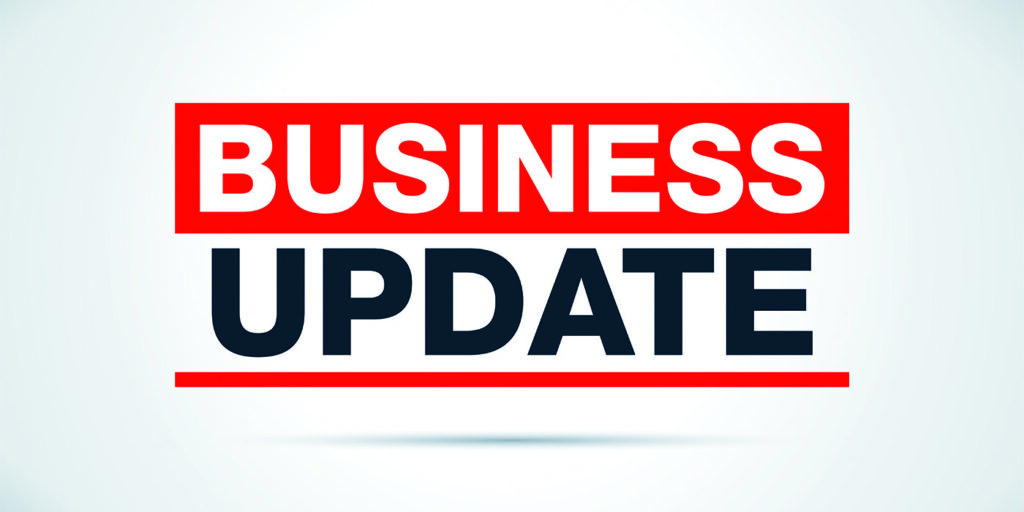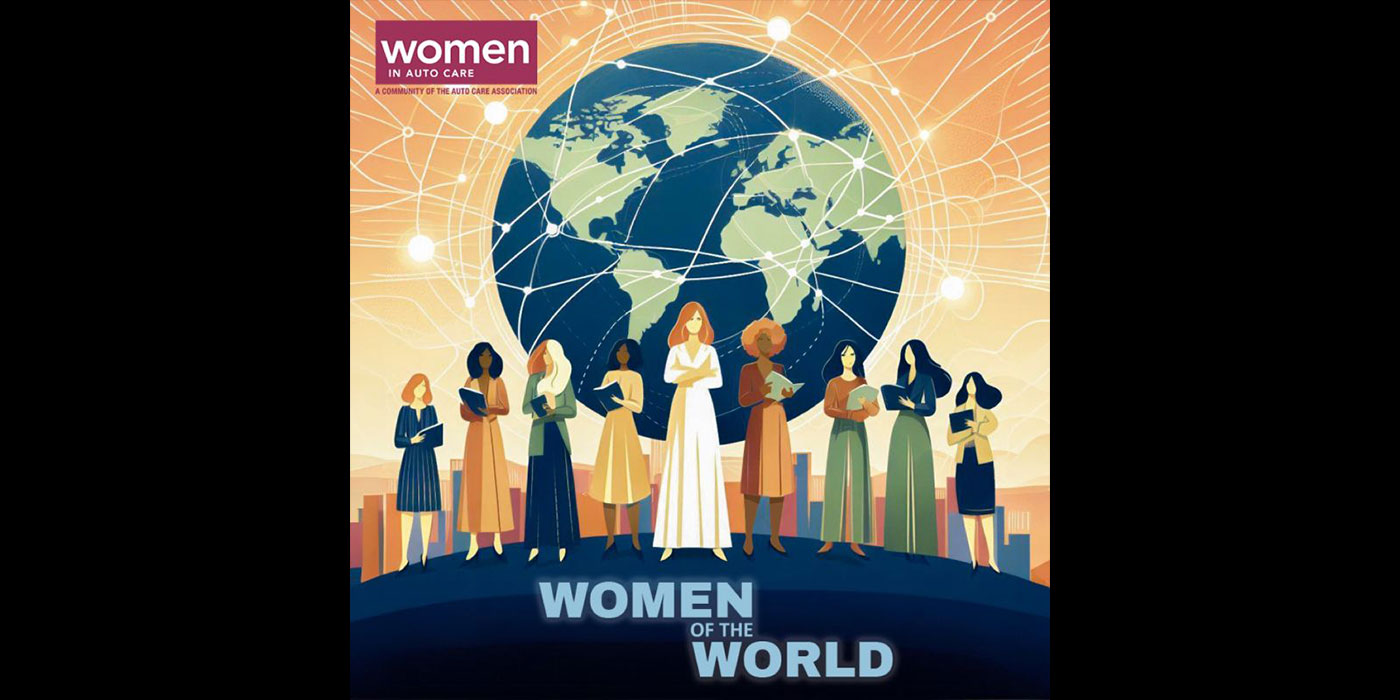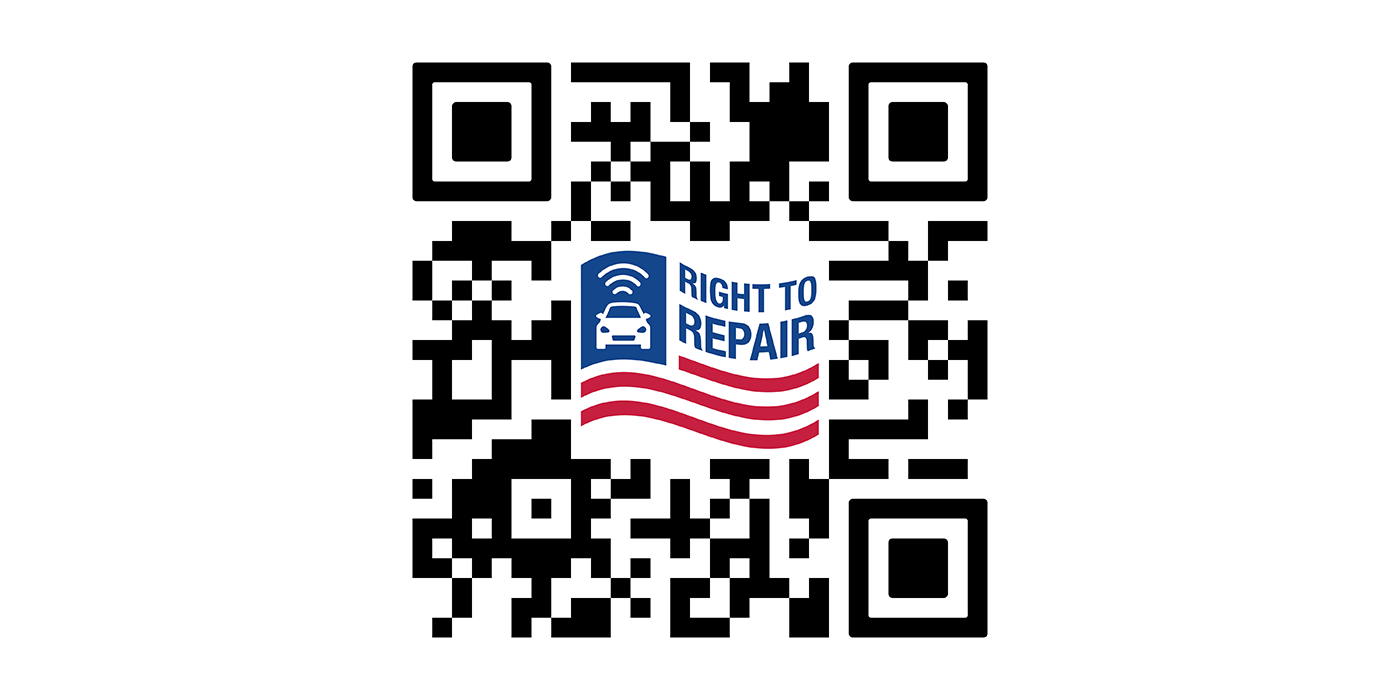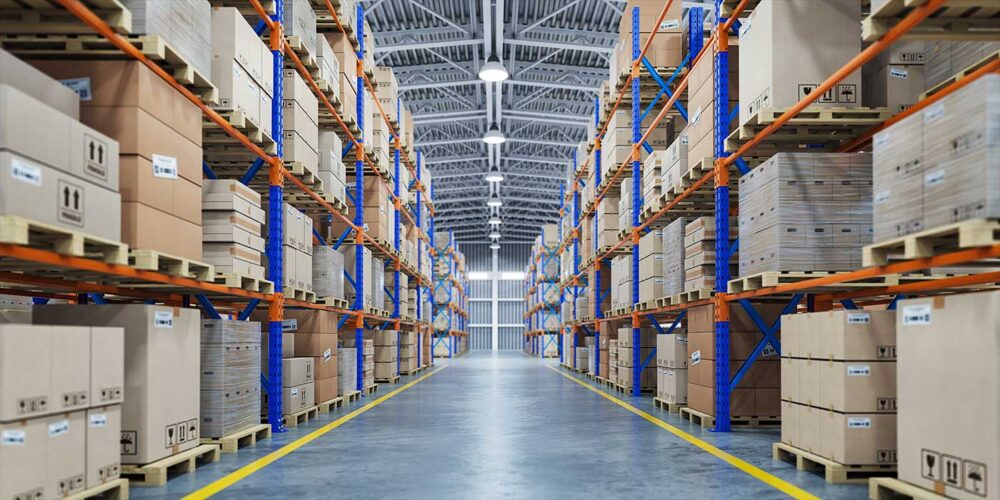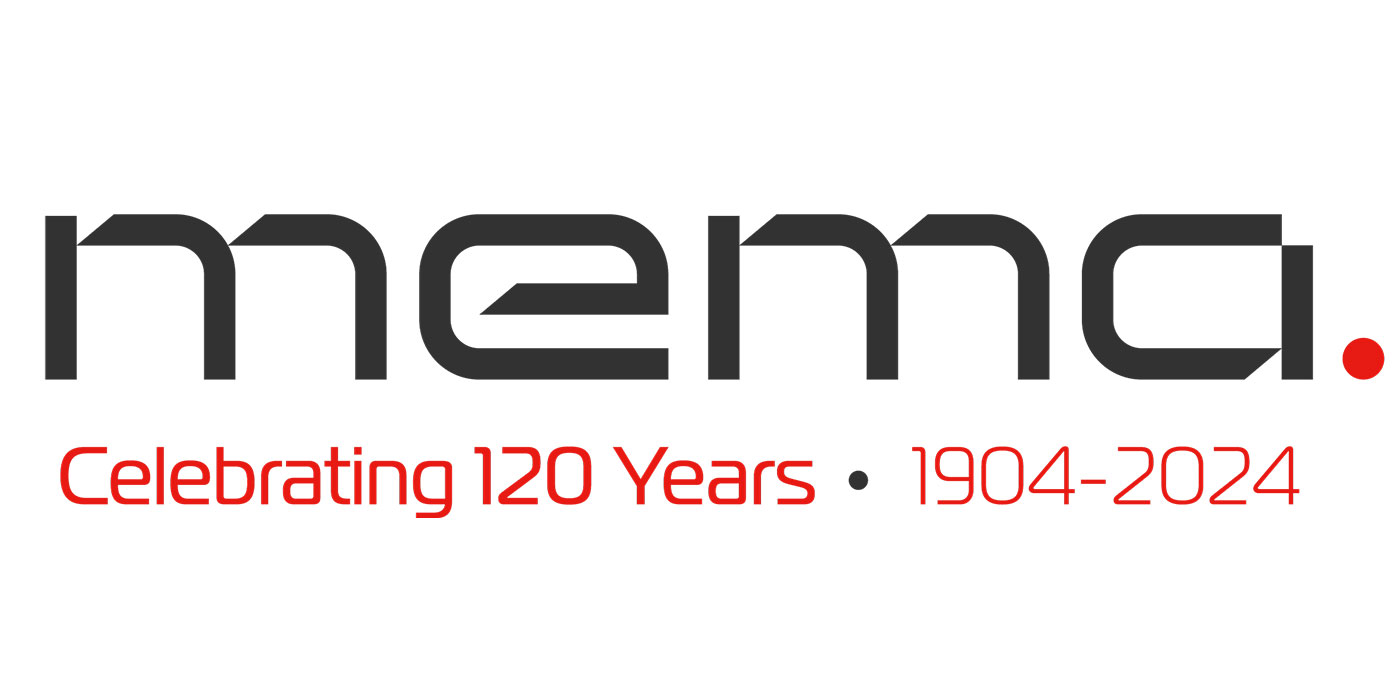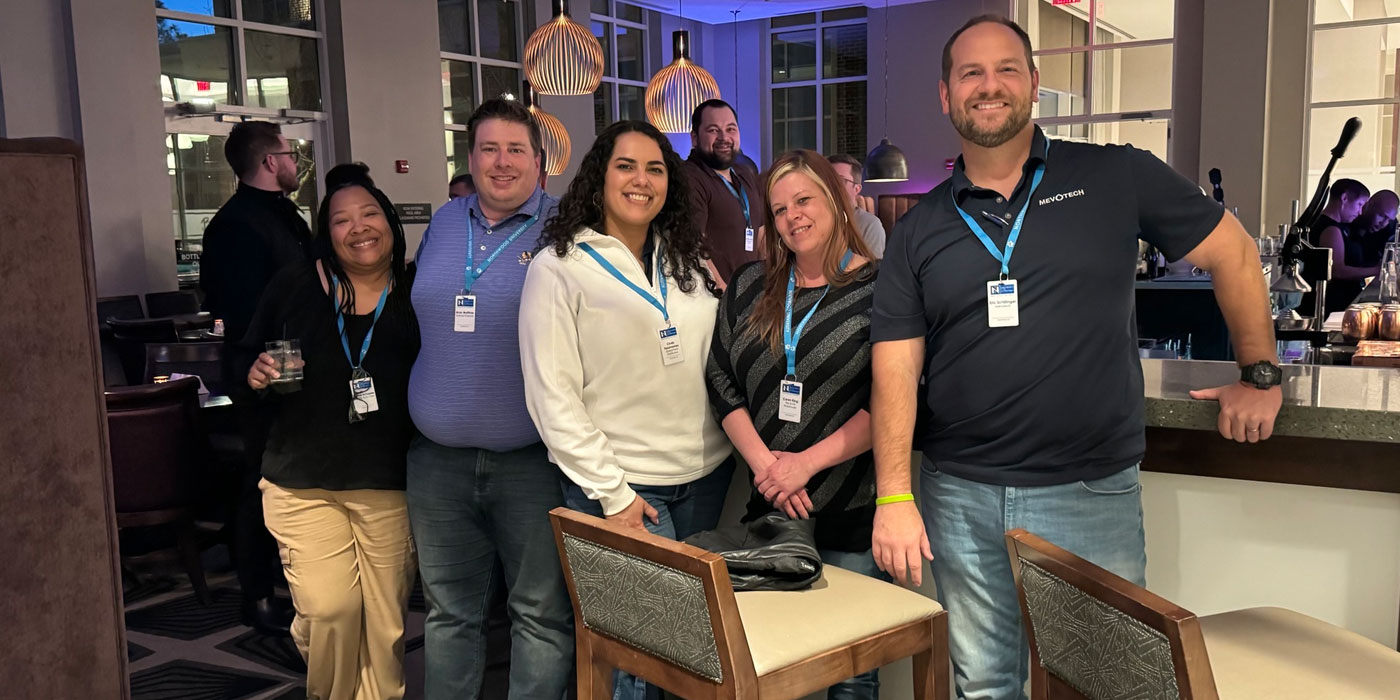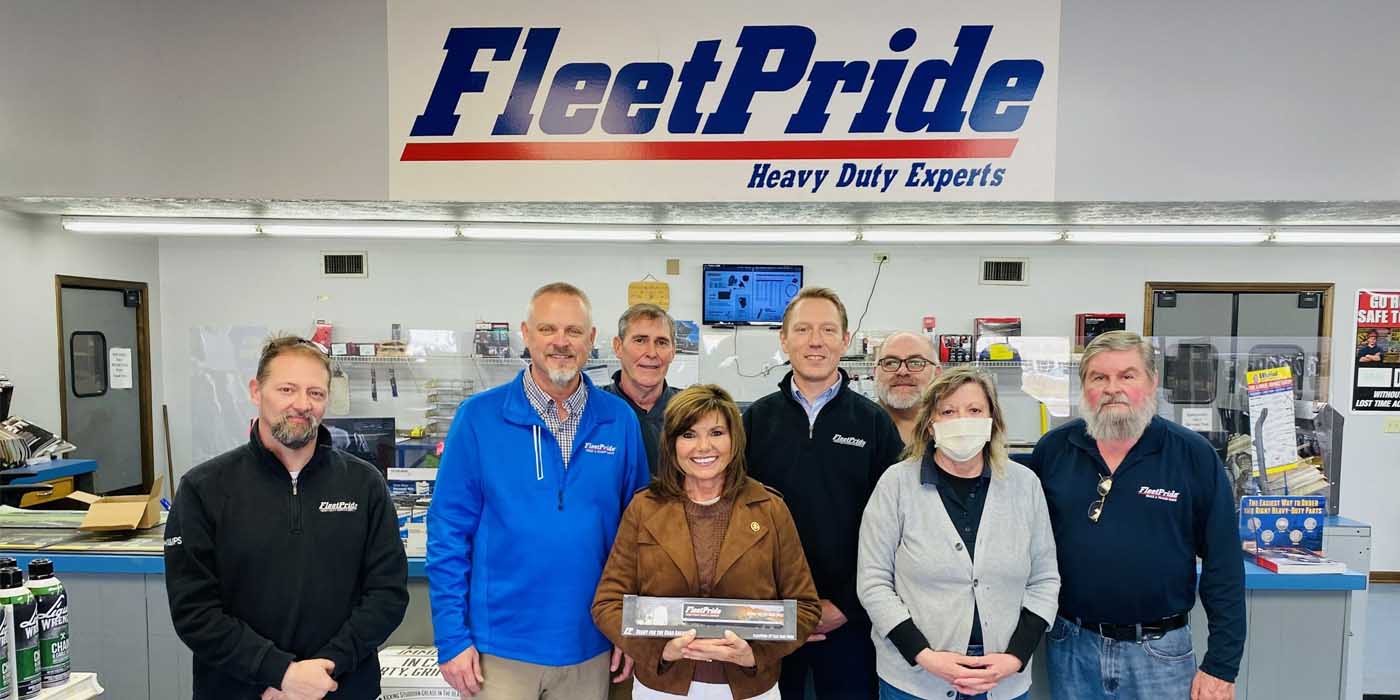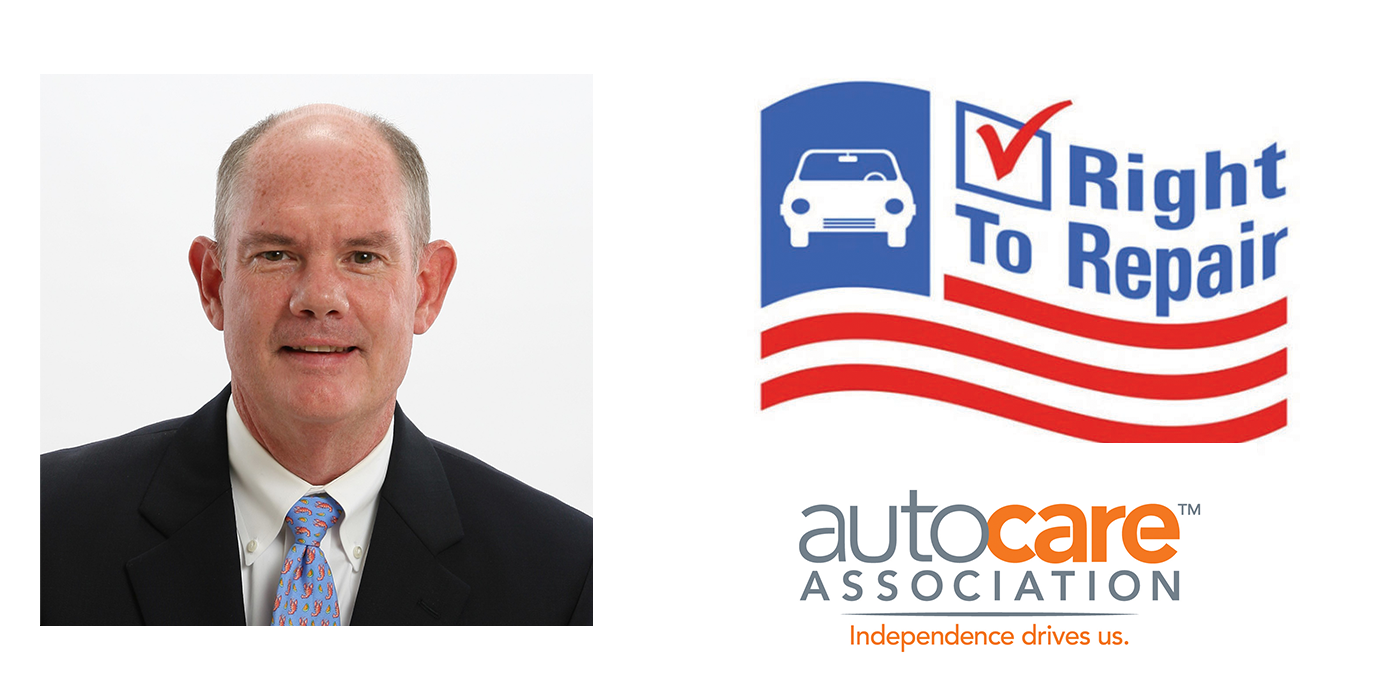The Automotive Aftermarket Suppliers Association’s (AASA) Q3 media call on Aug. 15 detailed some industry issues of the supply chain, inflation, interest rate and repair choice variety, identified favorable legislation, the upcoming AAPEX Show and other bright spots, and also well-illustrated how the aftermarket is turning challenges into opportunities to safeguard, enrich and protect the aftermarket against all odds.
First off, Paul McCarthy, AASA president, expressed optimism for the industry’s premiere aftermarket event, the AAPEX Show, which is less than three months away. “We’re feeling pretty excited about the show. It’s definitely running well ahead of last year,” he said. Beyond the top floor being sold out for months now, and the bottom floor anchored by Joe’s Garage that is 50% larger this year, McCarthy points to AAPEX’s value as being even more far-reaching — it’s “the industry homecoming,” he said (as it was last year) — one he described as a place to do business, enjoy the camaraderie of industry friends and acquaintances, and maximize business travel time with it being a one-stop-shop.
Shifting to the issue of Right to Repair, McCarthy noted that while there is a lot of momentum behind it, work still needs to be done, but the timing is right to leverage education as an important advocacy tool. “This is our chance right now to get our word out and to educate people so we have that foundation to get a bill passed next time,” stressed McCarthy. He shared the analogy that winning athletes perform better the next season because they invested in training and conditioning in the off-season — and encouraged our industry to do the same.
In our court is an FTC report, which he said was extremely supportive of the industry position, specifically that it noted vehicle repair restrictions and “also indicated a need for legislation to get passed, like our REPAIR Act, to be able to fully address this issue.” Calling this bipartisan bill with bipartisan support a “rare and valuable thing in Washington right now,” McCarthy has high hopes for its passage. “We didn’t have that in the past. Here’s a genuine bill that you can point to and say, this is what we’re asking you to support. And, I think it’s a very reasonable bill. We’re just trying to make sure we have market competition. We’re just trying to make sure consumers have repair choice.”
As part of the industry action plan, McCarthy said that now is the time to make our voices heard and encouraged aftermarket companies to visit and educate their congressperson, as well as invite them to visit their facilities to showcase the scope and importance of the aftermarket.
Interest Rates and Inflation
McCarthy pointed to interest rates as raising the cost of our industry’s extended payment terms and contributing to some of the challenges and risks they create for the industry and the supplier community.
“As we’re getting off of those historically low interest rates, it’s adding to the cost,” he said. “And one of the key takeaways of our study over a decade ago now, and we’ve heard it recently from some of the customers, is one of the implications of our unique model is that interest rates are just another cost factor for us. This feeds that larger theme of inflation because inflation has continued… all these inputs (geopolitical costs, the cost of the Russia/Ukraine war, other supply chain costs) and costs of doing business are increasing for suppliers. The costs associated with getting and maintaining workers have become the largest inflationary issue that we have.”
Despite the impact of inflation on many levels, McCarthy sheds some positive light on our industry. “It’s amazing how well our demand has held up as an industry and incredibly impressive. It speaks to the importance of what we do…. this inelasticity of demand that we can pass on as prices increase, because people need their vehicles, they need the services and the parts that we provide. We need to keep that discipline as an industry and make sure that we are keeping a healthy supply base by passing on costs, as they’re appropriate.”
Another silver lining of inflation is that gas prices are going down, specifically earlier this summer when gas prices were up $2 a gallon compared to where they were a year ago, and “it’s amazing how well miles driven held up,” said McCarthy. “So, it really speaks to the [industry’s] resiliency, this demand for mobility coming out of COVID. And, we think some of the structural shifts coming out of COVID, have made us more auto-centric. And as far as consumers’ love fair with their vehicles — “it didn’t go away…I think it’s reinvigorated,” he added.
Manufacturing Footprint Shift
The wave of supply chain issues resulting from the COVID-19 pandemic has prompted a “seismic shift” in where the aftermarket’s supply base is going to be located moving forward, noted McCarthy, which he also called an “underlying mega trend” that is taking place in our industry right now.
“It’s happening slowly and behind the scenes. There’s been a lot of talk about reshoring, nearshoring, friendly shoring…finding better solutions,” he explained. “It’s making sure we come out of this with a more resilient supply base than we had going into the crisis, And, we need to have long-term cost competitiveness…and sometimes that means multiple locations, multiple regions. It certainly means just being in China is not a sufficient answer.”
This shift won’t be easy or happen overnight, McCarthy cautioned. “It takes a lot of time. It takes a lot of investment. It takes a lot of capital. For 30 years we had an answer, which is move to China and take advantage of the [low] cost. This is a five- to 10-year shift. And, frankly, the difficulty getting workers, which has certainly been acute here in the U.S. and a global phenomenon, is not making this any easier.”
While, in some cases, China still has a place, Mexico has been identified as offering the most promise in “nearshoring” as it is booming in terms of aftermarket production investment, but it’s certainly not the only winner or the only answer, said McCarthy. He also mentioned “friendly shoring” options that include India, Indonesia, Vietnam, Thailand and Malaysia.
As far as re-shoring and bringing manufacturing back to the U.S., McCarthy added that “it’s very challenging given that we can’t find workers for existing facilities, let alone invest in new ones.”
Government Affairs Update
“August is traditionally a quieter time in Washington. That doesn’t necessarily mean it’s a quiet time for the aftermarket,” said Ann Wilson, MEMA senior vice president of government affairs, in her opening remarks pointing to the November election, repair access, tariffs on goods coming from China and a host of other industry disruptors.
“No one’s sure what’s going to happen in the election. There are plenty of predictions and I’ll just say right out front, every time that I have tried to predict an election, I have been woefully wrong, so I have stopped doing it,” quipped Wilson. “But it does appear as one, if not both, chambers could flip to the Republicans, but keep in mind at the same time, the margins are still going to continue to be very close. And, with margins close like that, you’ve got to have bipartisan support. So, the work of the aftermarket over the summer has been really important. In addition, there is an ongoing demand for access to repair data.
“We are expecting the first week in September, hopefully a decision from the Massachusetts court that can work in a variety of different ways for us, but there is a feeling up on Capitol Hill that this is a federal issue, an issue that Congress has got to get their hands around and we expect a lot of work to be done on that,” noted Wilson.
Regarding tariffs, Wilson feels more work needs to be done within the Administration, the general accounting office, the international trade commission on both sets of these tariffs this fall — on goods coming out of China and what she called “the continued old dialogue on steel, aluminum tariffs and what that has done to pricing.”
“Our trade association has for a long time opposed, for the most part, the imposition of tariffs on goods coming from China. Now we have made some exceptions for some of our members who felt very strongly that those tariffs actually helped level the playing field with domestic manufacturing, which is a very, very important issue to us. And one that we continue to advocate for,” added Wilson.
But, this fall, a lot of time will be spent on pushing the Biden Administration to reopen “the exclusion process,” said Wilson, which would allow a manufacturer or retailer to go to the Administration expressing concerns that they cannot get a certain product, except from China. “Those particular exclusions have run out of their time period, so that Biden Administration needs to reinstate those. We think it’s very important for our members to have sort of ‘their day before the Administration’ to make their case,” she added.
Claiming a “halfway victory lap,” Wilson pointed to the passage of the CHIPS legislation — a $52 billion bill that President Biden signed into law for the research and development for more chip manufacturing in the U.S., which she says will help our country be more competitive. “It will not make the U.S. completely independent of the need for foreign-manufactured chips,” she said. “But what it does do is allow us to have a source of those chips and particularly we focused on what’s called mature chips that are used predominantly in the auto industry.” The legislation also allows the aftermarket to continue to compete for aftermarket pricing for the repair and the maintenance of vehicles, said Wilson, “because if you can’t get decent new chips at a decent price it is [going to be] harder to repair those vehicles.”
Wilson also discussed the importance of the Inflation Reduction Act, which President Biden signed on August 16, 2022. “There is money in that bill that will help with conversion grants, retooling, workforce development — all of those types of things for not just the original equipment industry but for the aftermarket as we make this continued transition to more fuel-efficient, lower-emission vehicles,” she stressed.
Supply Chain and Operations Forum
Chris Gardner, AASA senior vice president of operations, talked about AASA’s new Supply Chain and Operations Forum, which will address the most challenging aspects of supplying the aftermarket industry, while at the same time “offers amazing opportunities to enhance efficiencies.”
“This is a brand-new organization… it’s growing and it’s going to help our members identify new ways of doing things in an area that literally impacts their bottom line, their ability to service their customers,” Gardner explained.
The new Supply Chain and Operations Forum will give AASA members who are supply chain, logistics, operations and warehouse executives the opportunity to share some new ways of thinking and new, innovative solutions that address industry disruptions and global economic things like labor sourcing challenges, Gardner continued. The group will also address other issues including availability lead times, the wildly changing pricing of shipping containers, trucking issues and helping AASA members understand how automation can help.
AAPEX Awards, Technology & Mobility Conference
After the successful launch of two new AASA Diversity, Equity and Inclusion (DEI) awards at AAPEX 2021, Gardner announced that AASA will again recognize two recipients at this year’s AAPEX show. “The overall purpose is to recognize companies that foster an environment of creating opportunity for all types of people. And, then to recognize individuals who inspire others and provide an example to follow,” he explained.
Gardner also discussed the upcoming AASA technology conference, September 25-28, in Clearwater Beach, Florida, which will bring two different events into one — the AASA Technology Conference, which traditionally has been focused on business technology, and the Mobility Innovation Conference, which is focused on vehicle technologies. “The overall theme this year is we’re looking at how vehicles of the future will be serviced and repaired,” he said.
Gardner also asked the industry to “save the date” for the 2023 AASA Vision Conference, slated for April 11-12 in Chicago.

